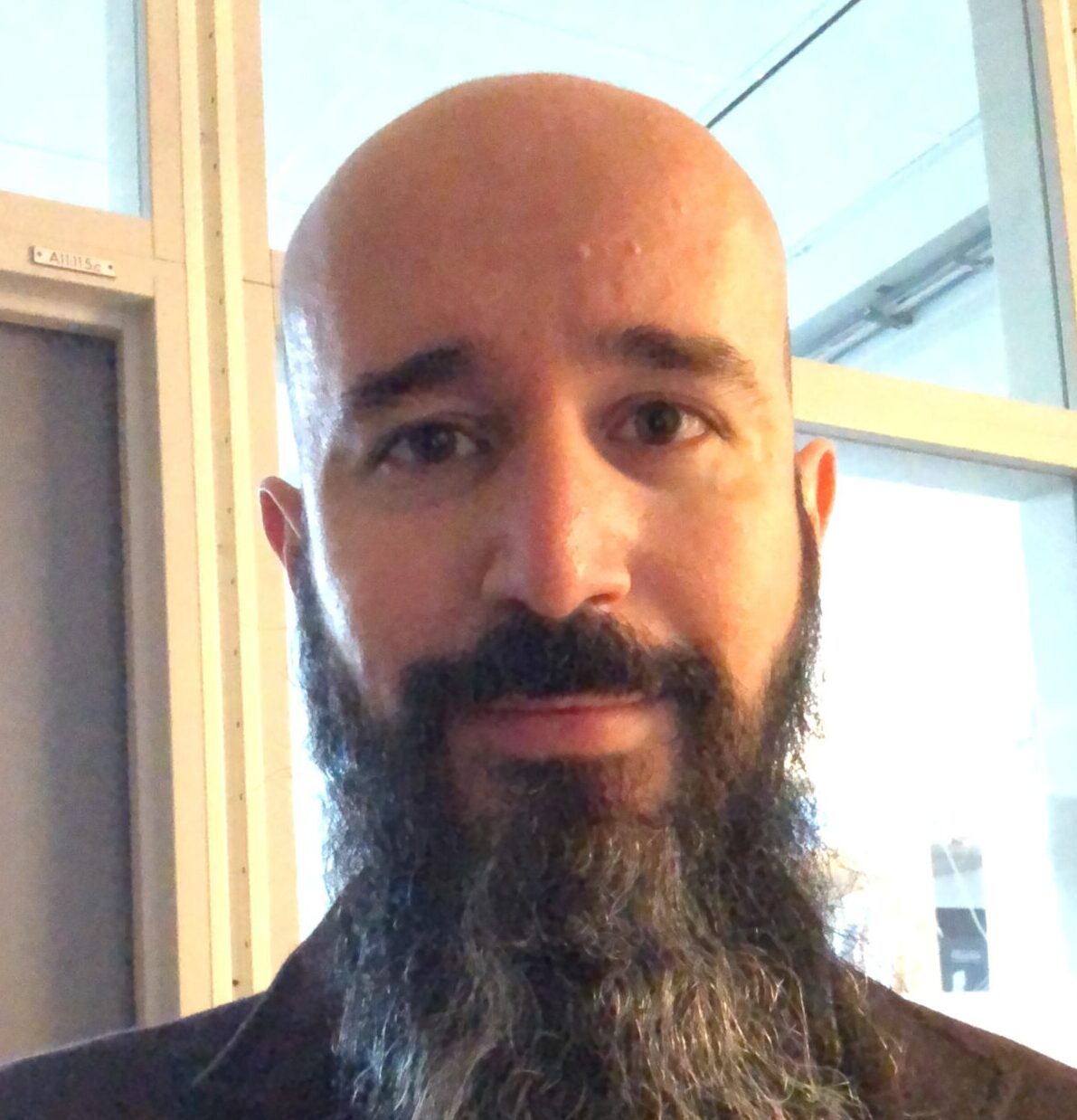Research
I am a philosopher with a special focus on bioethics and public health. Ever since I was a freshman in the Philosophy department at the University of Pisa, I have been interested in bioethics. Since I started my PhD, I have been increasingly attracted by public health and its ethical dimension. I am very keen to learn new methods from other fields – especially from the social sciences and health economics – and use them to develop my research.
| Areas of Specialisation | Areas of Competence | Methods |
|---|---|---|
| Bioethics | Medical ethics | Content analysis |
| Public health ethics | Research ethics | Conceptual analysis |
| Qualitative health research | Environmental ethics | Discrete choice experiment |
| Health preference research | Animal ethics | Mixed methods |
Current research
Postdoc project – ENLIGHTENme: Ethical issues in urban lighting
Supervisor: Deborah Mascalzoni – Centre for Research Ethics and Bioethics, Uppsala University, Sweden
Collaborator: Åsa Grauman – Centre for Research Ethics and Bioethics, Uppsala University, Sweden
Postdoc project – OncoLogics: Ethical issues in personalised medicine
Supervisor: Deborah Mascalzoni – Centre for Research Ethics and Bioethics, Uppsala University, Sweden
Collaborators:
Åsa Grauman – Centre for Research Ethics and Bioethics, Uppsala University, Sweden
Jorien Veldwijk – Centre for Research Ethics and Bioethics, Uppsala University, Sweden
Antibiotic resistance and Conscious consumerism
Collaborators:
Anna-Carin Nordvall – Department of Business Studies, Uppsala University, Sweden
Emma Oljans – Department of Women’s and Children’s Health, Uppsala University, Sweden
Elin Nilsson – Umeå School of Business, Economics and Statistics, Umeå University, Sweden
Methodological research in Health preference
Collaborators:
Ian Smith – Julius Center, University Medical Center Utrecht, The Netherlands
Samare Huls, Jorien Veldwijk, Esther de Bekker-Grob – Erasmus Choice Modelling Centre, Erasmus University Rotterdam, The Netherlands
Framing effect – The impact of framing an attribute as failure or effectiveness on preferences for antibiotic treatment in a discrete choice experiment. See: Abstract
Patient heterogeneity – Health-risk attitude and preference heterogeneity in treatment preferences: is there a link?
COVID-19 in Italy – Qualitative health research
Collaborators:
Virginia Romano, Deborah Mascalzoni – Centre for Research Ethics and Bioethics, Uppsala University, Sweden
Roberta Biasiotto – EURAC research, Italy
Sociology and bioethics – Italians, locked down: a qualitative research
Completed research
PhD project – Antibiotic resistance: a multimethod investigation of individual responsibility and behaviour
Supervisors (*) and collaborators
Stefan Eriksson*, Jessica Nihlén Fahlquist* – Centre for Research Ethics and Bioethics, Uppsala University, Sweden
Dan I Andersson* – Medical Biochemistry and Microbiology, Infection biology, antimicrobial resistance and immunology, Uppsala University, Sweden
Tove Godskesen – Health Care Sciences, Ersta Sköndal Bräcke College, Sweden
Jorien Veldwijk – Erasmus Choice Modelling Centre, Erasmus University Rotterdam, The Netherlands
Thesis – Antibiotic resistance is a major threat to global public health. Antibiotic resistance occurs naturally but it is accelerated by human behaviour. In my PhD project I have empirically investigated perceptions and beliefs (study I), moral views (study II), and preferences (study III) at the base of people’s behaviours, which holds the potential of influencing antibiotic use and antibiotic resistance. My findings indicate that people are willing to assume their share of responsibility for a proper use of antibiotics, also due to moral reasons. In study IV, I am trying to clarify what the notion of individual moral responsibility for antibiotic resistance is and what it entails.
Study I – Public awareness and individual responsibility needed for judicious use of antibiotics: a qualitative study of public beliefs and perceptions [Public health, Qualitative health research, Health belief model, Content analysis]
Study II – An effort worth making: A qualitative study of how Swedes respond to antibiotic resistance [Public health ethics, Empirical bioethics, Content analysis]
Study III – The role of antibiotic resistance in preferences of the Swedish public for antibiotic treatment: a discrete choice experiment [Public health, Health preference research, Discrete choice experiment]
Study IV – Individual moral responsibility for antibiotic resistance [Bioethics]

Media portrayal of synthetic biology and RRI
Collaborators:
Stefan Eriksson – Centre for Research Ethics and Bioethics, Uppsala University, Sweden
Niklas Holmberg, Mikael Lindfelt – Theological Ethics and Philosophy of Religion, Åbo Akademi University, Finland
Virgil Rerimassie – Athena Instituut, Vrije Universiteit Amsterdam, The Netherlands
Stefanie B. Seitz – Friedrich Schiller Universität Jena, Germany
Walburg Steurer – Department of Political Science, University of Vienna, Austria
Media representation and science communication – Uncritical and unbalanced coverage of synthetic biology in the Nordic press & Synthetic Biology in the Press: Media Portrayal in Sweden and Italy
Resposible Research and Innovation – An update of public perceptions of synthetic biology: still undecided?
John Harris and beginning of life
My master’s thesis from the University of Pisa was a monographic thesis on the English philosopher and bioethicist John Harris. My supervisor was Sergio Bartolommei. After graduating I wrote about beginning of life issues that were connected but underdeveloped in my master’s thesis.
Beginning of life – The Value of the Pre-Person: Potentiality, Person-Maker Criteria, and Social Dimension & John Harris. Persona, potenzialità e pre-persona
Master’s thesis – John Harris: un approccio razionale in bioetica
